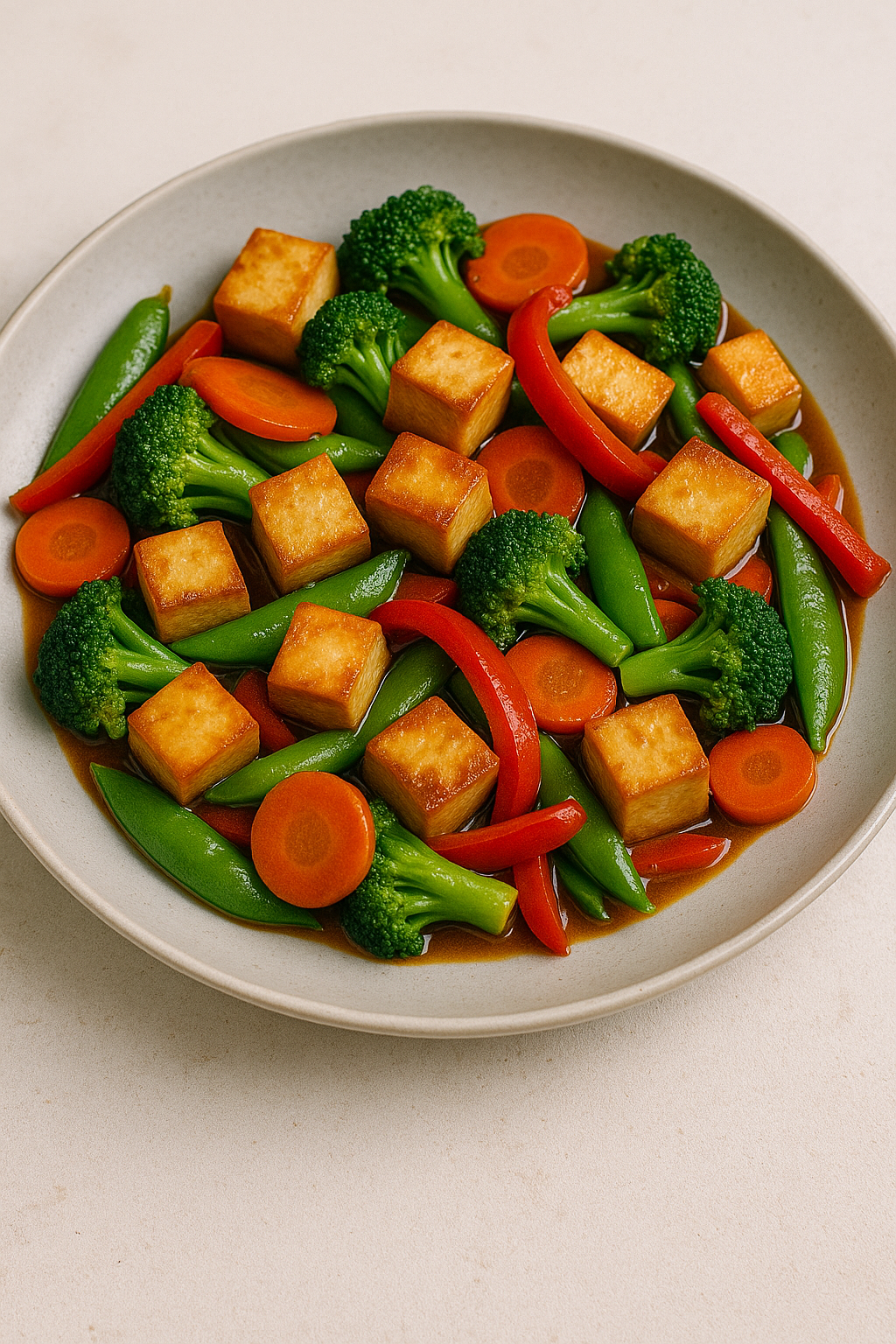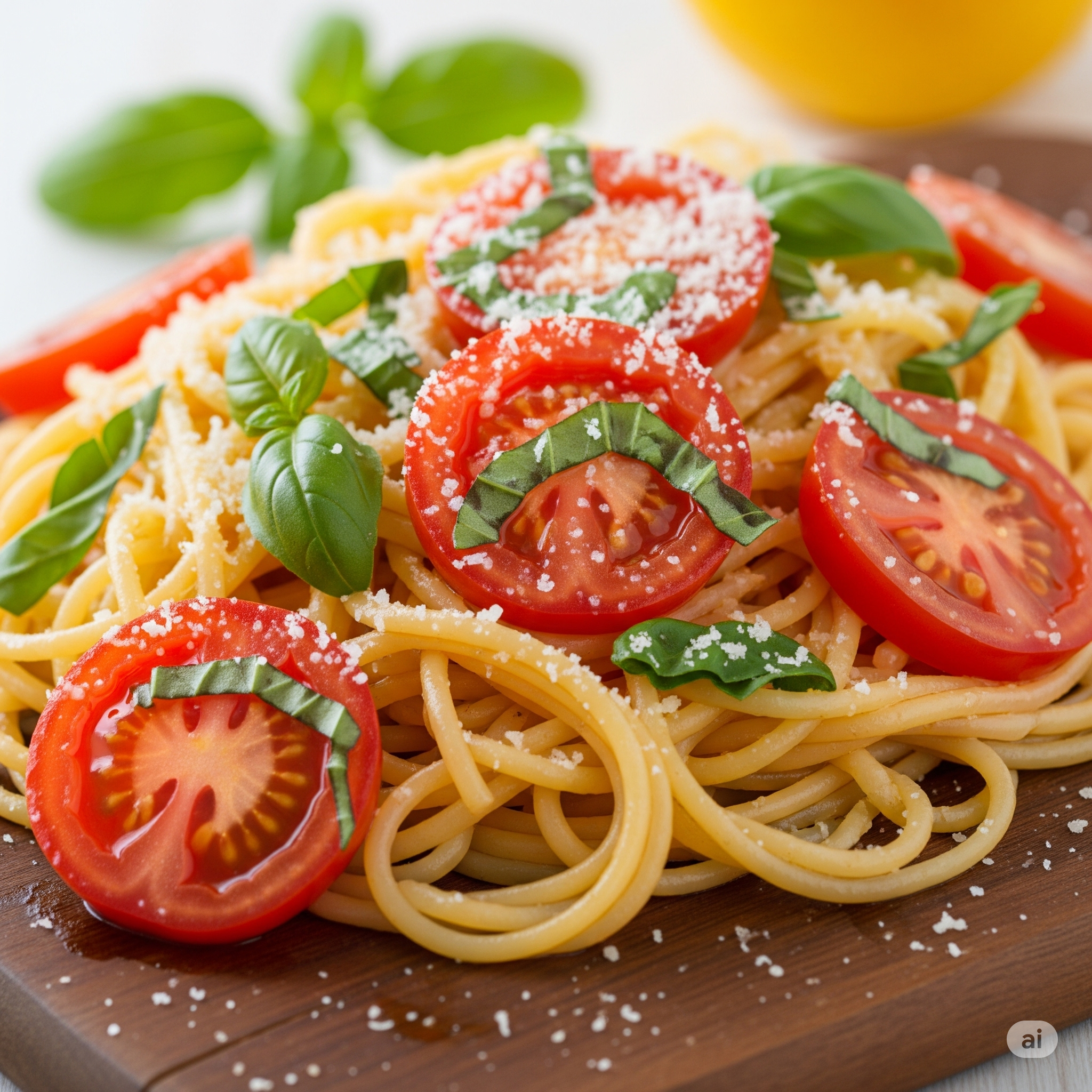Understanding Protein Needs for Muscle Gain
Protein is an essential macronutrient that plays a pivotal role in muscle gain and overall health. For individuals seeking to increase their muscle mass, particularly vegetarians, understanding protein requirements is crucial. The daily protein intake can vary significantly based on an individual’s activity level, age, and fitness goals. Generally, it is recommended that those aiming for muscle gain consume between 1.6 to 2.2 grams of protein per kilogram of body weight. This range ensures adequate support for muscle recovery and growth following resistance training or vigorous physical activities.
One of the key functions of protein in the body is its role in muscle repair and recovery. After engaging in exercises like weightlifting or intense cardio, muscle fibers sustain micro-tears that require proteins to heal and strengthen. A sufficient intake of this macronutrient helps the body to rebuild these fibers, leading to increases in muscle size and density. Furthermore, incorporating protein-rich foods into a post-workout meal can enhance recovery by reducing muscle soreness and improving performance in subsequent workouts.
For vegetarians, diversifying protein sources is vital to ensure that they receive all essential amino acids. While animal products are complete proteins, providing all nine essential amino acids, many plant-based proteins are classified as incomplete. This means they lack one or more essential amino acids. However, by strategically combining various plant foods, such as legumes, grains, nuts, and seeds, vegetarians can achieve a complete amino acid profile. For instance, pairing rice with beans or hummus with whole grain pita provides a balanced source of protein. Engaging in this practice not only helps meet protein needs but also enriches the diet with other vital nutrients.
Top High-Protein Vegetarian Ingredients
Incorporating high-protein vegetarian ingredients into daily meals is essential for those seeking muscle gain and overall fitness. Legumes, dairy products, grains, nuts, seeds, and plant-based protein powders serve as excellent sources of protein, easily complementing a variety of recipes.
Legumes, such as lentils and chickpeas, are not only rich in protein but also in fiber, making them an ideal choice for vegetarian diets. Lentils contain approximately 18 grams of protein per cooked cup, while chickpeas offer about 15 grams. Both can be effortlessly included in salads, soups, or as the main ingredient in dishes like lentil curry or hummus. Soaking and cooking them properly enhances their digestibility and nutritional value.
Dairy products provide another great protein source in vegetarian diets. Greek yogurt is particularly notable, boasting around 20 grams of protein per serving. It can be enjoyed as a breakfast option or snack, and it works wonderfully as a base for smoothies or salad dressings. Cottage cheese, with its approximately 25 grams of protein in a single cup, can be added to salads, consumed with fruit, or blended into pancakes for added nourishment.
Grains such as quinoa and farro are excellent protein sources as well. Quinoa, often considered a complete protein due to its aminо acid profile, provides about 8 grams of protein per cooked cup. Quinoa can easily be used in salads, bowls, or served as a side dish. Farro, an ancient grain with a nutty flavor, offers about 7 grams of protein per cooked cup and can enhance the texture of soups, stews, and grain salads.
Nuts and seeds also contribute significantly to protein intake. Almonds, walnuts, chia seeds, and flaxseeds are all rich in protein and healthy fats. They can be incorporated into smoothies, baked goods, or sprinkled on top of various dishes. Additionally, plant-based protein powders such as pea, hemp, or rice protein can help boost daily protein intake when added to smoothies, oatmeal, or baking recipes.
Delicious High-Protein Vegetarian Recipes
For those seeking to enhance their muscle gain through a vegetarian diet, a rich selection of high-protein recipes awaits. These dishes not only promote protein intake but also captivate the palate with their vibrant flavors and varied textures. Here, we present a few enticing high-protein vegetarian recipes, each with detailed nutritional breakdowns and cooking instructions to ease your culinary journey.
Lentil and Quinoa Salad
This robust salad combines cooked lentils and quinoa with a colorful medley of diced vegetables like bell peppers, cucumbers, and cherry tomatoes. Tossed with a lemon-tahini dressing, this dish is refreshing and loaded with protein. For a serving of approximately 250 grams, you can expect around 20 grams of protein. Preparation time is around 15 minutes, with an additional 20 minutes for cooking the lentils and quinoa.
Tofu Stir-fry with Vegetables
A quick and easy dish, this tofu stir-fry is packed with both protein and fiber. Begin by sautéing cubes of firm tofu until golden brown, then add a combination of your favorite vegetables, such as broccoli, bell peppers, and snap peas. Season with soy sauce or teriyaki sauce for an extra flavor kick. One serving provides 18 grams of protein, with a total preparation and cooking time of about 30 minutes.
Chickpea Curry
Rich and hearty, chickpea curry is a staple that satisfies both the taste buds and nutritional needs. Cook chickpeas with diced tomatoes, onions, and an array of spices such as cumin and coriander. Serve this curry over brown rice or quinoa for an added protein punch. One serving of this dish will offer around 15 grams of protein and can be ready in about 45 minutes.
Protein-Packed Smoothies
For a quick meal on-the-go, protein-packed smoothies are an excellent choice. Blend together a banana, a scoop of plant-based protein powder, spinach, almond milk, and a tablespoon of peanut butter. This smoothie contains approximately 25 grams of protein and is ideal for breakfast or post-workout recovery.
These high-protein vegetarian recipes offer delicious ways to fuel your body while supporting muscle gain. With a variety of ingredients and flavors, these dishes ensure that vegetarian meal planning is both satisfying and nutritious.
Meal Planning Tips for High-Protein Vegetarian Diets
Meal planning is crucial for individuals following a high-protein vegetarian diet, as it ensures adequate nutrient intake while maintaining variety in meals. One effective strategy is batch cooking, which involves preparing large quantities of meals at once. By dedicating a few hours each week to batch cooking, you can create multiple servings that can be portioned out for easy access throughout the week. This not only saves time during busy weekdays but also guarantees that high-protein options are readily available.
In addition to main meals, preparing healthy snacks can help sustain energy levels and prevent unplanned eating of less nutritious foods. High-protein snacks such as roasted chickpeas, nut butter on whole-grain toast, or Greek yogurt with seeds can be prepared in advance and stored for convenience. Incorporating these options will enhance your protein intake while keeping hunger at bay.
Scheduling meals ahead of time plays a significant role in adhering to a high-protein vegetarian diet. Consider dedicating one day for planning meals, jotting down recipes, and making a grocery list. This will streamline the shopping process and ensure that you have all the necessary ingredients on hand. When selecting items at the grocery store, focus on high-protein ingredients like lentils, quinoa, beans, tofu, and tempeh. These foods not only provide protein but are also rich in other essential nutrients.
To prevent monotony, diversify your meals by experimenting with different cuisines, flavors, and cooking methods. Incorporating a wide range of fruits, vegetables, and whole grains will ensure that all nutritional needs are met while also keeping your meals exciting. Mix up the protein sources throughout the week to ensure a balanced intake and to explore various textures and tastes. By implementing these meal planning tips, maintaining a balanced and varied high-protein vegetarian diet becomes a manageable and enjoyable task.

